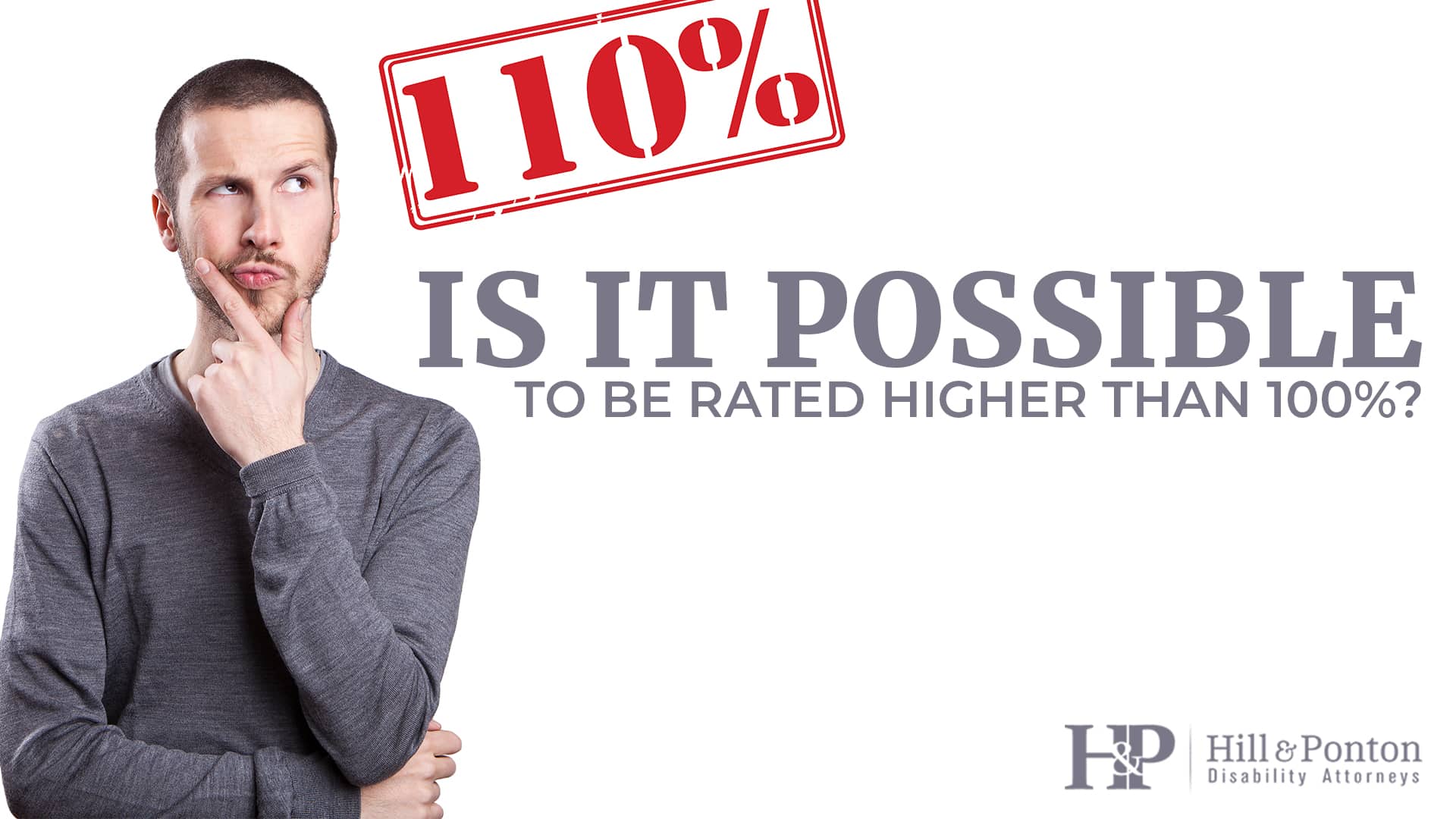We often blog about the intricate details of specific issues in VA law, so I wanted to take a moment to take us back to the basics of VA disability benefits. The Veterans Benefits Administration (VBA) provides a number of different types of benefits, including: pension benefits, vocational benefits, readjustment benefits, Section 1151 benefits (similar to medical malpractice benefits), dependency and indemnity benefits (DIC), and VA disability compensation benefits. This blog will focus on the basics of VA disability compensation benefits.
A claim for VA disability compensation is sometimes called a claim for service connection or for service-connected benefits. It is important to note that to receive this type of benefit, a veteran must have been discharged under conditions other than dishonorable and must have served on active duty. That active duty service must be related to the disability for which the veteran is seeking compensation.
There are three basic elements to establishing service connection for a disability. First, the veteran must have a current disability. Second, the veteran must be able to show that something happened during service (an injury, disease, trauma or exposure). Finally, there must be a nexus or link between the current disability and the event in service.
- Current disability—It is important to remember that even if a veteran was sick or injured during service, he may not be entitled to benefits if he recovered completely and has no residuals of that injury.
- Incident during service—In order for a disability to be service connected, it must have some relation to something that happened during active duty. The condition need not necessarily have been caused by service. It could have been a condition that began during service. Alternatively, the veteran could have experienced a trauma that later resulted in post-traumatic stress disorder, or could have been exposed to chemicals/herbicides that later resulted in a disability.
- Nexus—It seems obvious, but a current disability and an incident in service are not enough without some evidence that the two disabilities are one and the same. A grant of service connection requires evidence such as a medical opinon which demonstrates that the current disability is “as likely as not” related to the in-service incident/exposure.
These seem like basic concepts, but we often see veterans being advised to file a claim for every current disability they have, regardless of whether there was an incident in service. Similarly, we see veteran filing claims for illnesses or injuries they had in service which completely resolved and for which there are no current residuals. These kinds of claims will not be granted and can be a distraction from a veteran’s valid claims. If a disability is not related to service, filing a claim for service connection is a waste of the veteran’s time. If, however, an injury that occurred in service has no current residuals, a veteran should consider whether the injury or illness is of a type that may recur at a later time, in which case, it might be worth filing a claim. On that same topic, sometimes a disability has symptoms that are at such a minimal level that they are not compensable. Keep in mind that it can be a good idea to go ahead and file for service connection early, to establish the connection before too much time passes. Then, if the symptoms worsen, it will be easier to request an increased rating than start at that point, possibly years later, to attempt to establish service connection.



